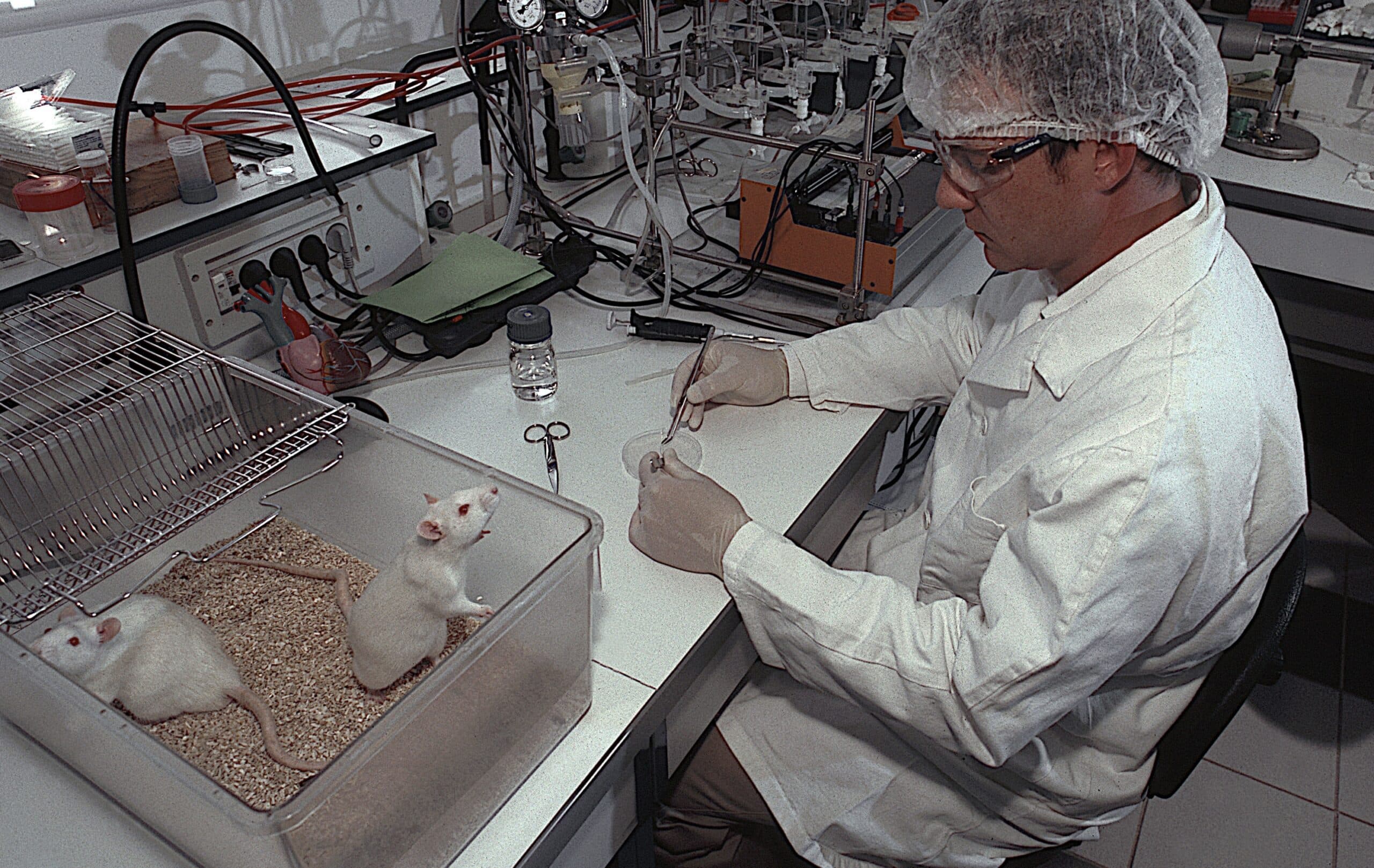Understanding Veterinary Clinical Laboratories Across America with Pro Tips
Understanding Veterinary Clinical Laboratories Across America with Pro Tips
Blog Article
When your pet needs specialized care, a veterinary laboratory plays a critical role in providing accurate diagnostics and treatment guidance.
From routine screenings to emergency diagnostics, veterinary labs help uncover hidden health issues, confirm diagnoses, and track treatment progress.
Whether you’re a pet parent searching for saiba mais a “veterinary lab near me” or a veterinary professional looking for top-tier lab partners, this guide will provide expert insights and practical tips.
What Is a Veterinary Laboratory?
A veterinary laboratory is a specialized facility where biological samples from animals—such as blood, urine, feces, or tissue—are analyzed to detect diseases, monitor health, and guide treatment plans.
Some focus on general diagnostic testing for common pets like dogs and cats, while others handle specialized species, such as exotic animals, horses, or livestock.
In the US, veterinary laboratories can operate as standalone diagnostic centers, be integrated into veterinary hospitals, or work as part of nationwide networks.

What Tests Do Veterinary Labs Offer?
Urinalysis and fecal exams help detect infections, parasites, or metabolic issues.
Advanced labs may also provide molecular diagnostics, including PCR testing for specific pathogens or genetic screenings for hereditary conditions.
These tests are essential for early disease detection, accurate diagnosis, and treatment planning.
How to Find a Veterinary Lab Near You
Many vet clinics also have in-house labs for basic tests and refer complex cases to specialized facilities.
Reading reviews and checking for specific services (like 24-hour diagnostics or exotic animal testing) can also help narrow your search.
If you’re a pet owner seeking direct access to a lab for second opinions or advanced testing, contact the lab to understand their intake process—some require referrals, while others accept samples directly.

Choosing Between Standard and 24-Hour Veterinary Labs
Standard labs typically process routine tests during business hours, while 24-hour veterinary labs offer emergency diagnostic services around the clock.
They maintain specialized staff and equipment ready for fast turnaround on urgent tests.
Balancing speed, cost, and specialization ensures your pet gets the right level of diagnostic support when it matters most.
How Diagnostic Labs Protect Animal Health
Veterinary diagnostics are the backbone of modern animal healthcare.
Blood tests, for example, can detect kidney or liver dysfunction early, allowing for interventions that prolong quality of life.
This partnership between lab, vet, and pet owner is what keeps animals healthy and thriving.
Why a Trusted Veterinary Lab Makes All the Difference
Accurate, timely results help catch problems early, support effective treatments, and give you peace of mind as a pet owner.
The combination of expert veterinary care and reliable diagnostics is what keeps pets healthier, longer.
As veterinary medicine continues to evolve, so do the diagnostic tools available to monitor and protect your pet’s health.
FAQ About Veterinary Laboratories
What is a veterinary diagnostic lab?
A veterinary diagnostic lab analyzes samples from animals (like blood, urine, or tissue) to detect diseases, monitor health, and guide treatment plans.
Are there local veterinary labs for pet testing?
Ask your veterinarian for recommendations—they often work with trusted local labs or national diagnostic networks.
What emergencies require urgent lab testing?
If your pet experiences sudden, severe symptoms—such as collapse, poisoning, or acute injury—a 24-hour veterinary lab can provide rapid diagnostics to support emergency treatment.
What are common veterinary diagnostic services?
These tests help detect infections, organ issues, cancers, and metabolic diseases.
How much do veterinary lab tests cost?
Routine bloodwork may range from $50–$200, while specialized or emergency tests can cost more.
Report this page